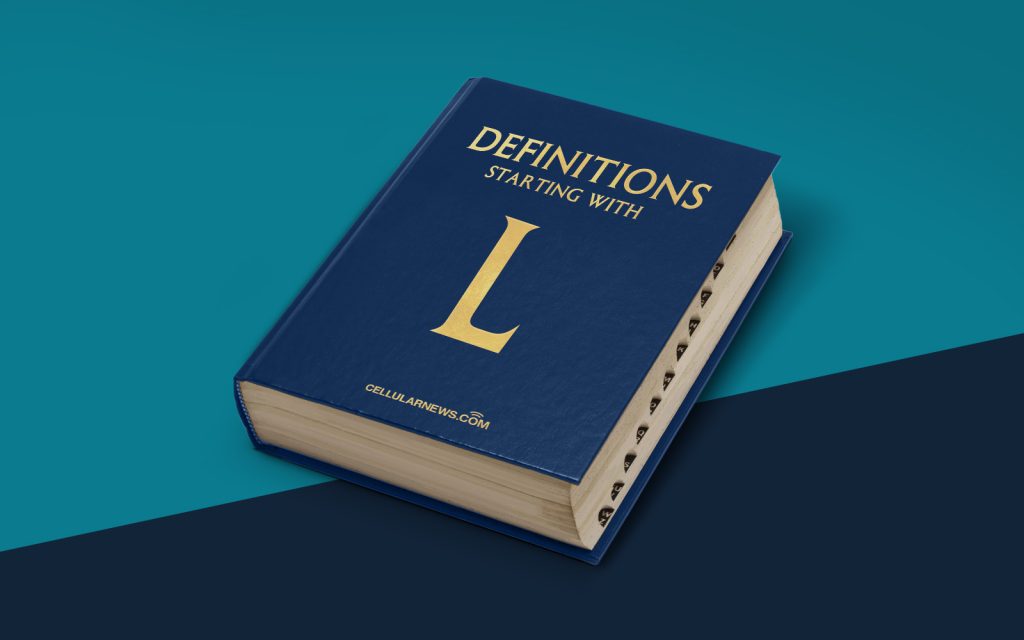
Understanding Legal Holds: A Comprehensive Guide
Legal matters are complex and navigating through them can be overwhelming. Whether you’re an individual involved in a legal dispute or a company dealing with potential litigation, it’s crucial to understand the concept of a legal hold. In this article, we’ll delve into the details of what a legal hold is, its significance, and what you need to know to ensure compliance.
Key Takeaways
- A legal hold is a process that requires the preservation of relevant documents and data when litigation is reasonably anticipated or in progress.
- Legal holds are essential to prevent the spoliation of evidence and to ensure a fair and just legal process.
What is a legal hold?
A legal hold, often referred to as a litigation hold or preservation order, is a legal requirement issued by a court or an attorney to preserve all relevant documents, electronic data, and other potential evidence related to a specific legal matter. The purpose of a legal hold is to prevent the destruction, alteration, or disposal of any information that may be pertinent to a lawsuit or investigation.
Here’s a breakdown of the key components of a legal hold:
- Preservation: A legal hold requires the preservation of all relevant information, regardless of its format, including physical documents, emails, electronic files, text messages, voicemails, and social media content.
- Timeliness: Once a legal hold is in place, all parties must act promptly to ensure the preservation of relevant evidence. The failure to implement a legal hold in a timely manner can result in severe consequences.
- Scope: The scope of a legal hold involves identifying and preserving information that is potentially relevant to the legal matter at hand. This includes information from key individuals, departments, or systems that are likely to contain pertinent data.
- Notification: Individuals who may possess relevant information are typically notified of the legal hold and instructed on how to comply. This includes providing clear instructions on what information should be preserved and how it should be collected and stored.
- Compliance: It is essential to fully comply with a legal hold to avoid potential legal penalties or adverse inferences during legal proceedings.
Why are legal holds important?
Legal holds play a crucial role in the litigation process and the pursuit of justice. Here are the key reasons why legal holds are important:
- Preservation of evidence: Legal holds ensure that relevant documents and data are preserved in their original state, preventing the destruction or alteration of critical evidence.
- Fair legal process: By preserving evidence, legal holds safeguard the integrity of the legal system, ensuring a fair and just process for all parties involved.
- Compliance with legal obligations: Failing to comply with a legal hold can result in serious consequences, such as court sanctions, adverse inference instructions, or even potential criminal charges.
- Protection from spoliation accusations: Implementing a legal hold demonstrates good faith and helps protect against accusations of spoliation, which refers to the intentional destruction of evidence.
In conclusion, understanding the concept of a legal hold is critical for individuals and organizations involved in legal matters. By comprehending the scope and significance of a legal hold, you can ensure compliance, protect your interests, and contribute to a fair and just legal process.
